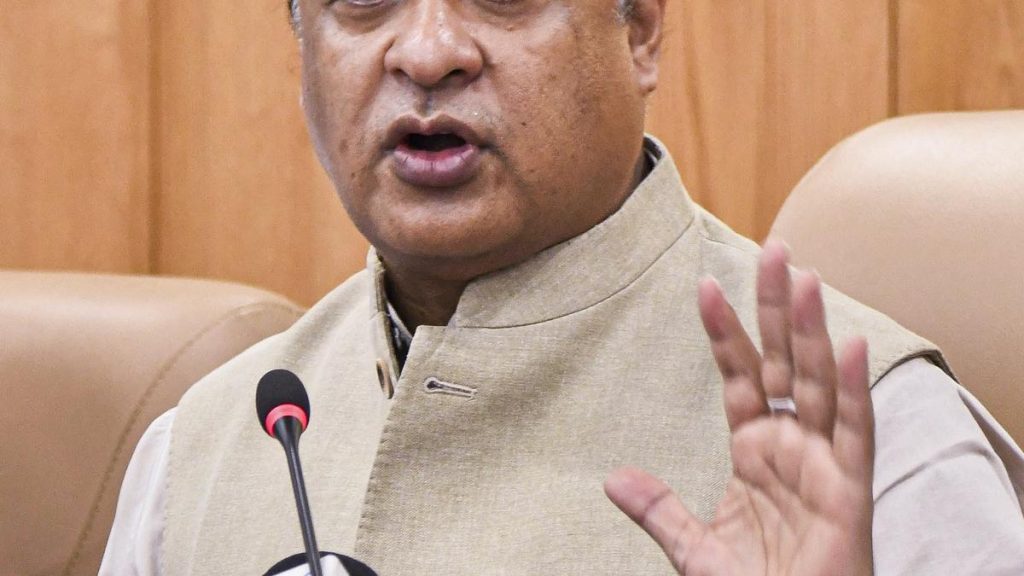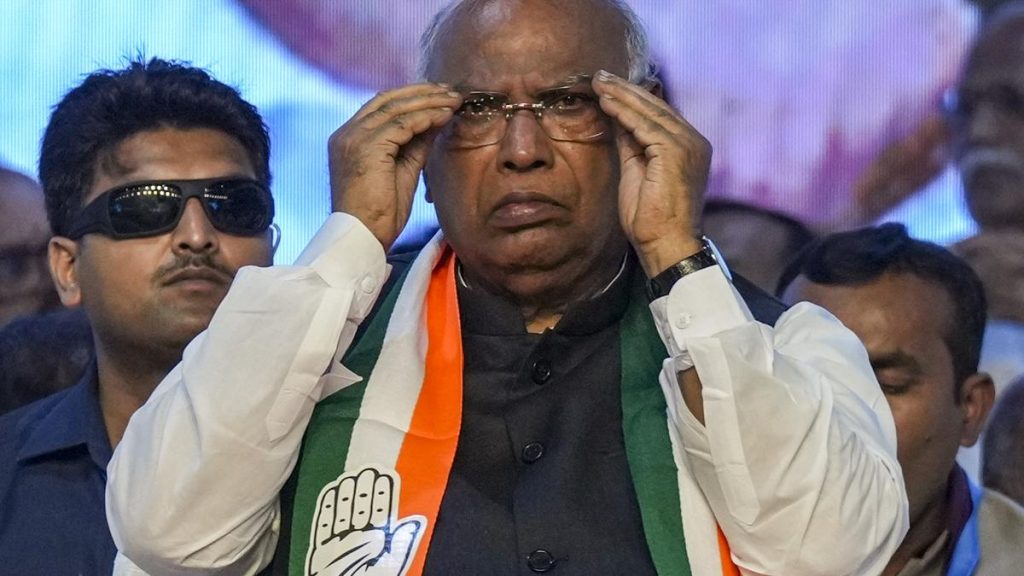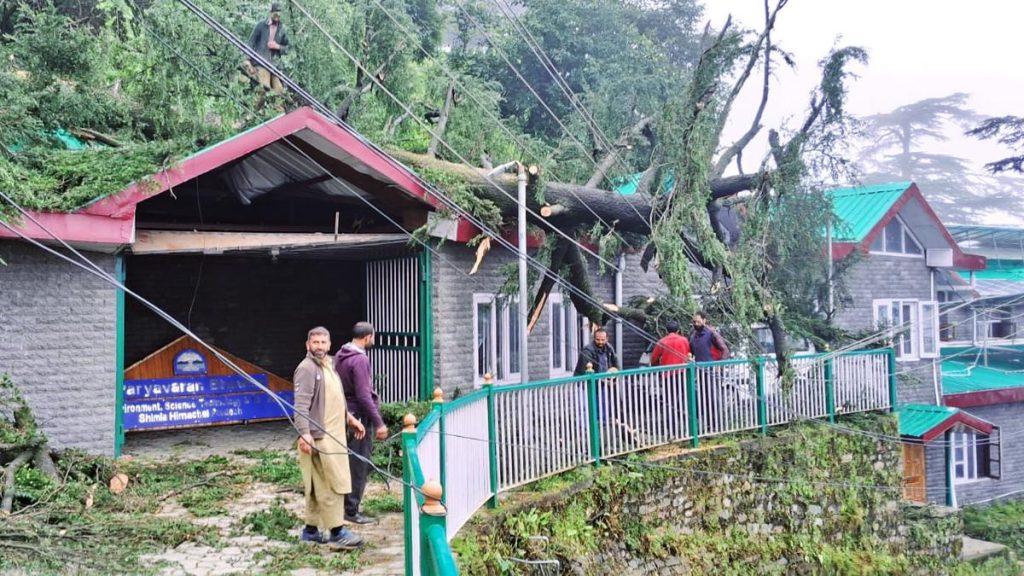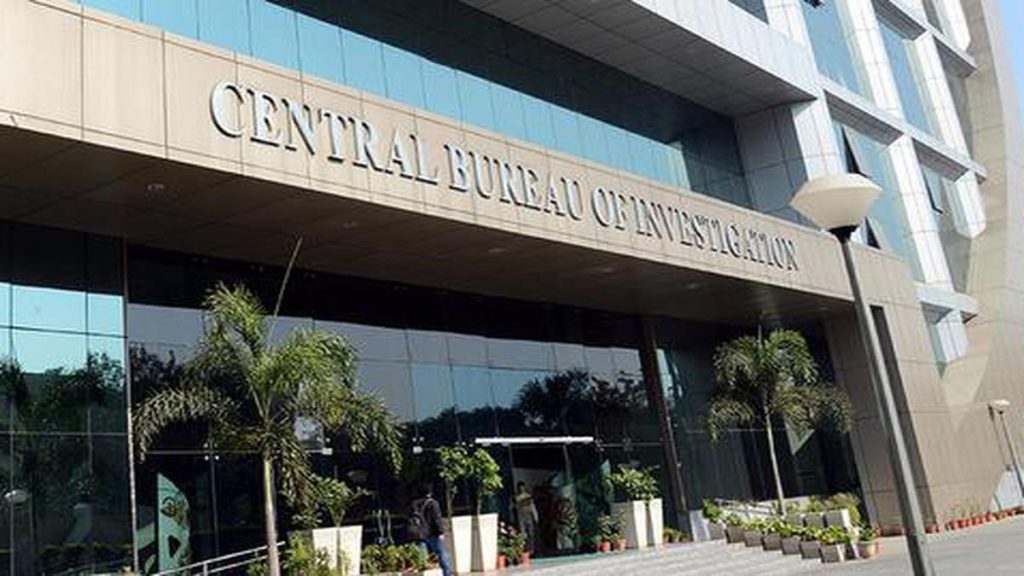Now Reading: Madras High Court Halts DMK-Appointed MTC Trade Union Office-Bearers Over Election Issues
-
01
Madras High Court Halts DMK-Appointed MTC Trade Union Office-Bearers Over Election Issues
Madras High Court Halts DMK-Appointed MTC Trade Union Office-Bearers Over Election Issues
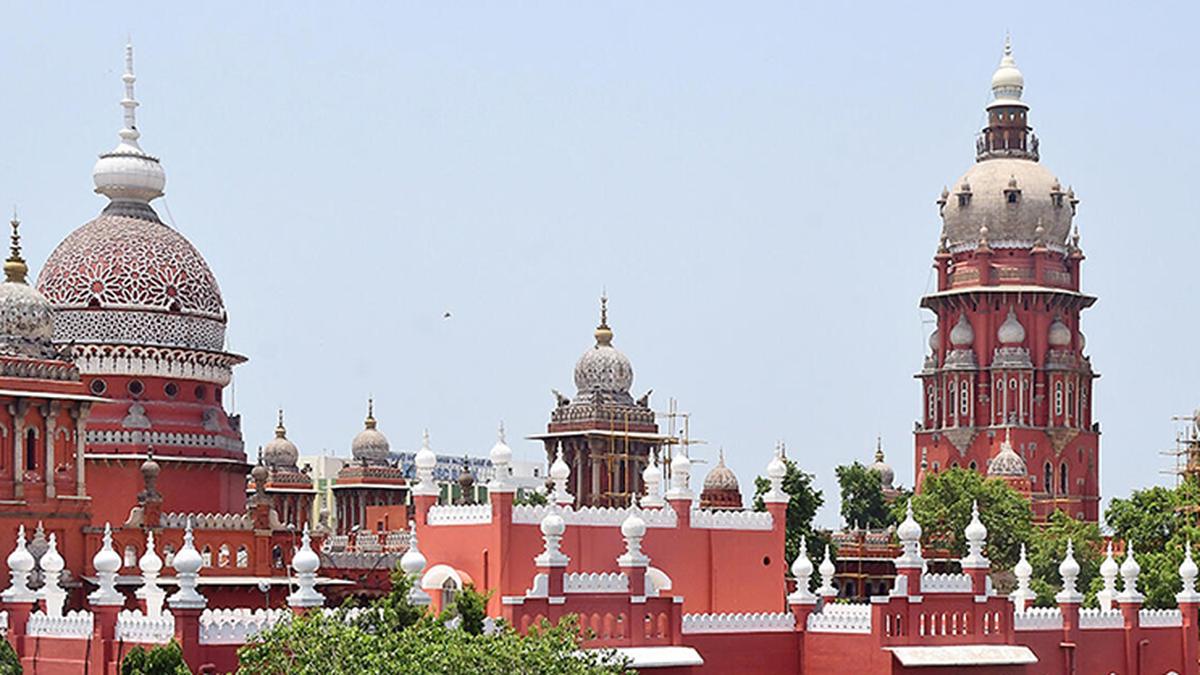
Swift summary
- The Madras High Court issued an interim injunction preventing three office-bearers appointed by the DMK from interfering in the day-to-day operations of the trade union Metropolitan Transport Corporation Oozhiyar Progressive Union (MTCOPU).
- The injunction was granted following a joint civil suit by 59 MTCOPU members, alleging that the DMK and its affiliated Labor Progressive Federation (LPF) bypassed elections to appoint these office-bearers.
- Initially, an election notification was released on February 26, 2025, but polling failed to occur. Instead, appointments were announced via the DMK’s publication Murasoli on June 22, 2025.
- Those appointed as office-bearers included Ravi alias S. Sivakumar as president, D. Arumugam as secretary, and M. Perumal as treasurer. Additional nominations for central-level and depot-level positions were stated to follow later on.
- Justice K. Kumaresh Babu highlighted that such appointments contradicted MTCOPU’s bylaws requiring elections and ruled this creates irreparable injury for members’ democratic rights within their trade union.
- Counsel representing DMK argued these decisions aimed at maintaining discipline and avoiding internal disputes but acknowledged no election had been conducted before making appointments.
Indian Opinion Analysis
The Madras High Court’s ruling underscores fundamental issues regarding adherence to institutional bylaws in organizations tied to political parties in India. Trade unions serve critical roles for workers’ representation; hence their functioning must remain clear and democratic per regulations laid out in their constitutions or bylaws.
In this case, judicial intervention sought to protect democratic norms within MTCOPU against unilateral actions from its affiliated political party (DMK). This decision highlights how such conflicts can test accountability within systems where trade unions are politically aligned but require independent governance structures according to legal mandates.
The implications may extend beyond MTCOPU itself-prompting other politically-affiliated unions across India toward re-examination of practices surrounding leadership appointments vs electoral processes mandated by policy-specific rulesets ensuring fair representation safeguards observed inclusively behalf worker-members themselves too forming backbones keen operational industries nation-wide public/private boundary-like spheres impacting broadly society-environment contexts-long term developmental equal chance favor compliance legislation among values-pertense! encouragement clarification hereby dynamic resilience roust motions overall welfare forward steps gradual…


